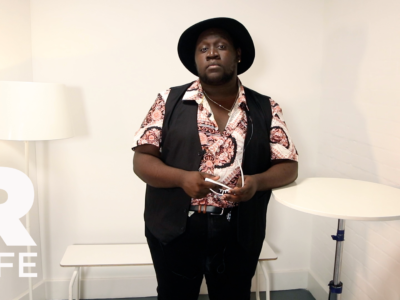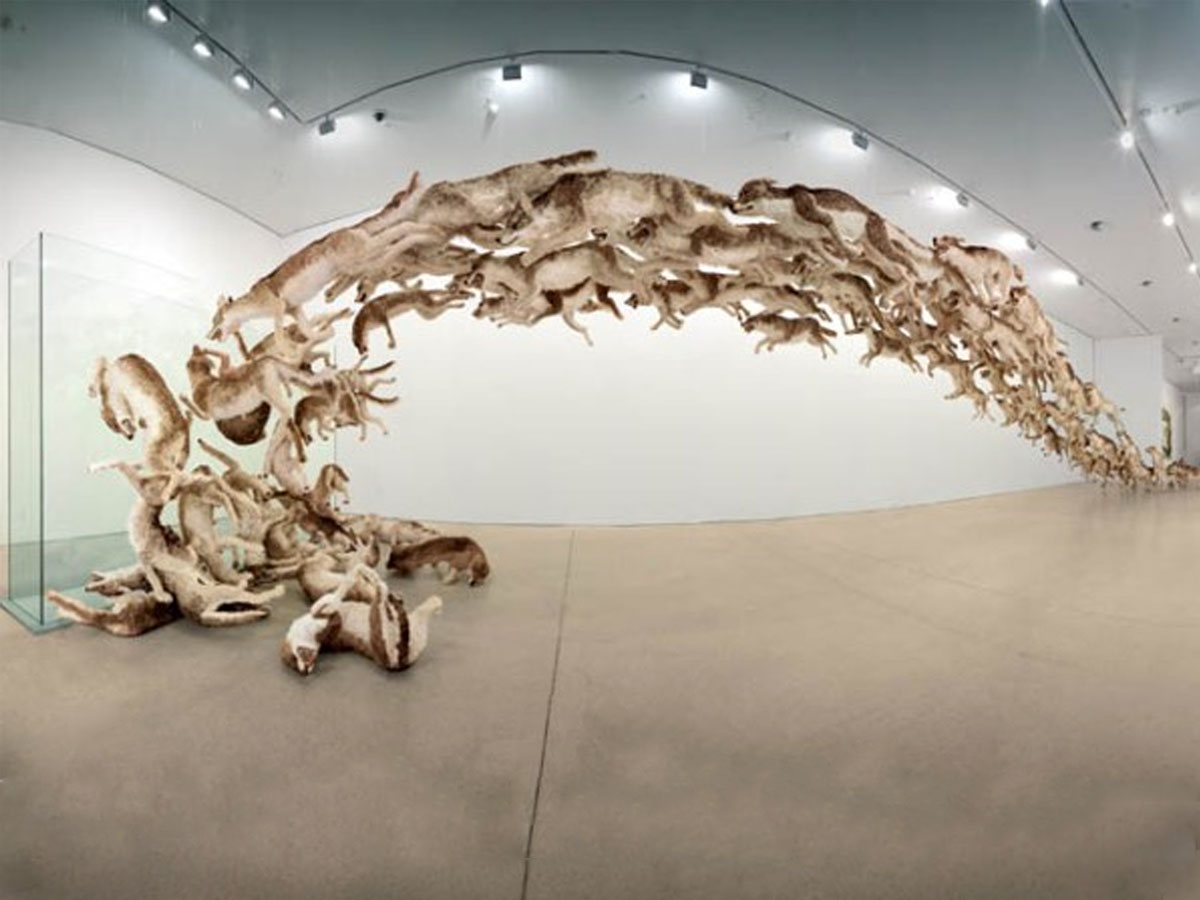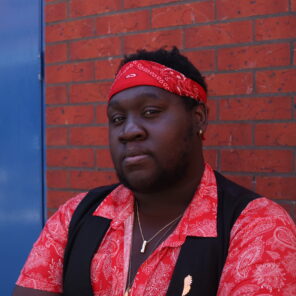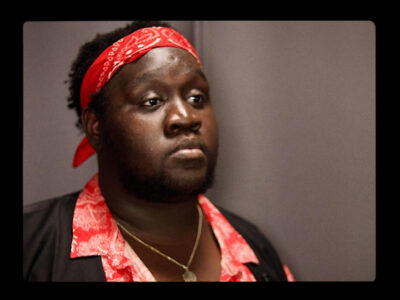Humanity At the End of The World: Work
Work at the End of the World is a piece written and performed by Ife Grillo, exploring the way our relationship to work has changed since covid. In it, you see Ife discuss issues like; working from home, solidarity amongst colleagues, discrimination in the workplace and what the future of work could look like.
It is part of a series of films called ‘Humanity at the End of the World’ that explores the ways in which the pandemic has changed what it means to be human.
I wrote Work at the End of the World because I wanted to explore how Covid has shaped our views around work. A lot of things have changed since the pandemic began, but one of the biggest things it disrupted was our work patterns. Whether you’re an office worker who was suddenly working from home, or a factory worker who had to completely reapproach the organisation of your supply lines, a global pandemic completely reshapes how work is approached and organised.
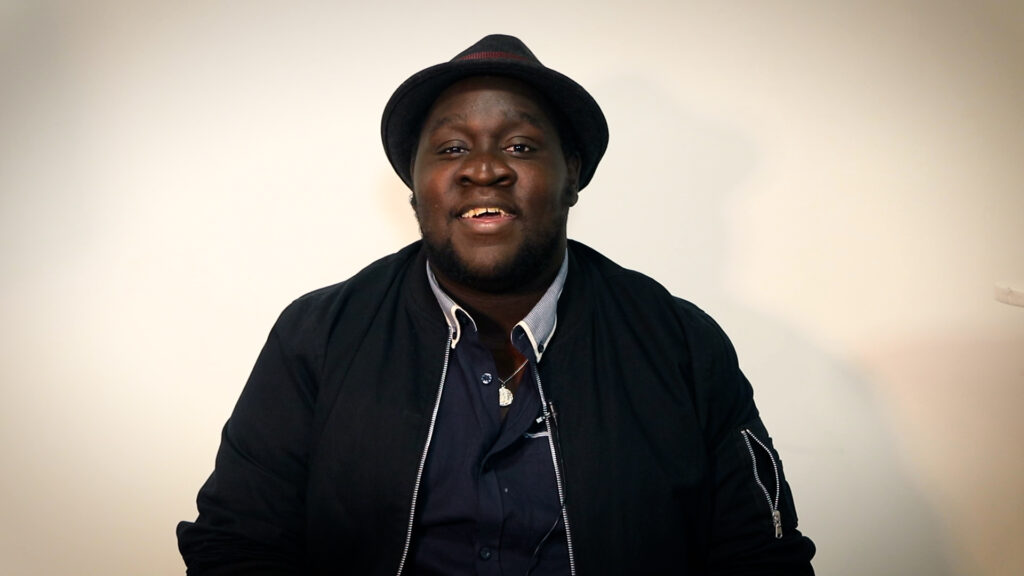
I don’t want to romanticise how ridiculously difficult the last 20 months have been. The reality is, when you’re just trying to survive and get through a pandemic, very little time is spent trying to make the most of the situation and learn lessons from it.
Since covid began, I’ve heard more conversations about what work is meant to look and feel like.
However, since covid began, I’ve heard more conversations about what work is meant to look and feel like, than I have for the rest of my life combined. This pandemic has forced us to take a deep look at the relationship we have to work, and I wanted to write a piece that reflected those conversations and added my own thoughts
One of the first things that the piece explores is office culture. Every office is different, but I think there are broad things that come together to create a sense of what British office culture is like. I wanted to talk about why navigating office politics can be incredibly draining and how working from home has massively improved a lot of peoples work experience. You can take your pick on whether it’s the fact that I’m tee-total, Black, or just really like having space, but I’ve always found navigating office culture difficult. Covid gave a lot of people like me a chance to see that it’s not an inevitability that you have to feel so on edge while working and I think that’s going to play a big part in how we look at work in the future. However, I also think that there’s a danger to only focusing on that. One of the reasons I wanted to talk about covid and work is because it always felt like the conversation about working from home ignored the fact that strong bonds with colleagues are important.
As much as I often want to be anti-social, I do believe that workers need each other, to fight for change.
As much as I often want to be anti-social, I do believe that workers need each other, maybe not to exchange pleasantries round the microwave, but to fight for change.
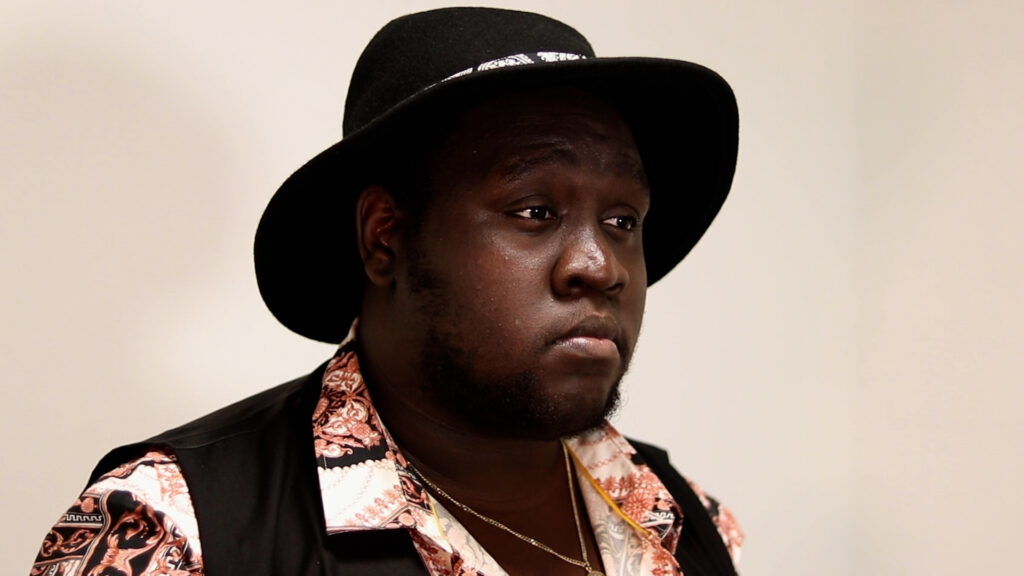
The other big thing that this piece explores is what work looks like in a wider picture. I think both the media and a lot of young professionals became so fixated on the conversation about working from home at the expense of far more pressing workers’ rights issues. So, in my piece I spoke about workers and types of work that are often left out of the conversation. I talked about how broken our work-system is and how little we’ve listened to disabled people who’ve been leading the fight for better work conditions for ages. I talked about the creatives who have held our hands and got us through this pandemic, while receiving barely any public or government support. Even as someone who only part-time freelancers, I know how devastating the last 20 months has been to creatives. I also talked about the healthcare workers who aren’t doctors and nurses but still risked their lives, without getting the same hero edit.
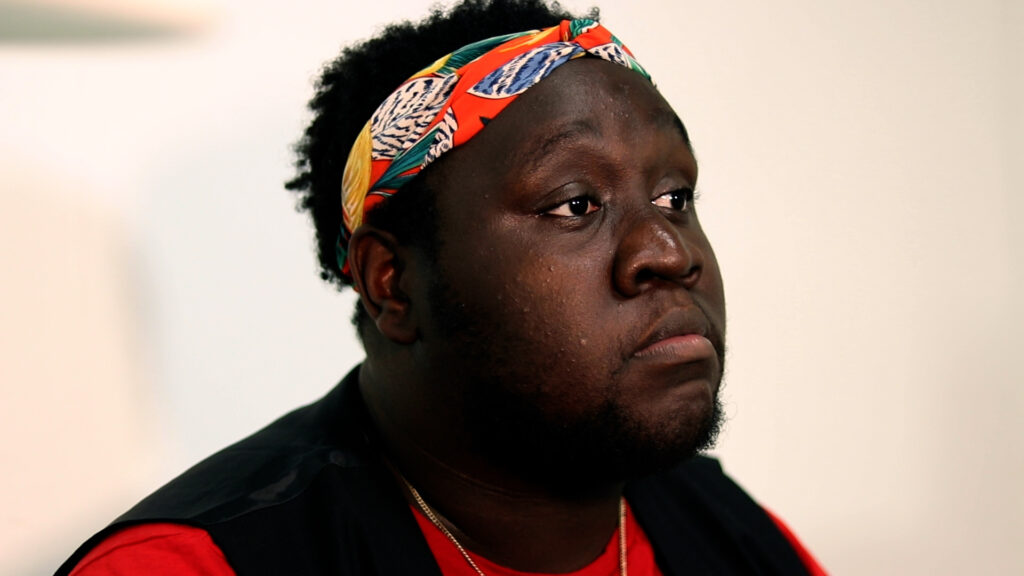
The story of work and covid is a story about people being left behind.
Ultimately, the main reason I wrote this piece was because I wanted to highlight that it is easy to assume we’ve learnt all these big lessons from Covid about our relationship to work, but I’m worried we haven’t learnt as much as we need to. The story of work and covid is a story about people being left behind, both in terms of government support and public solidarity. We have to reflect on that if we really want to make the changes to the work systems we’ve spent the last 20 months talking about.
Has the pandemic changed the way you interact with people? Let us know on our socials and look out for the next piece in Ife’s series.
Film written and performed by Ife Grillo, filmed by Bex Rose, executive produced by Lucy Turner and Ife Grillo.

